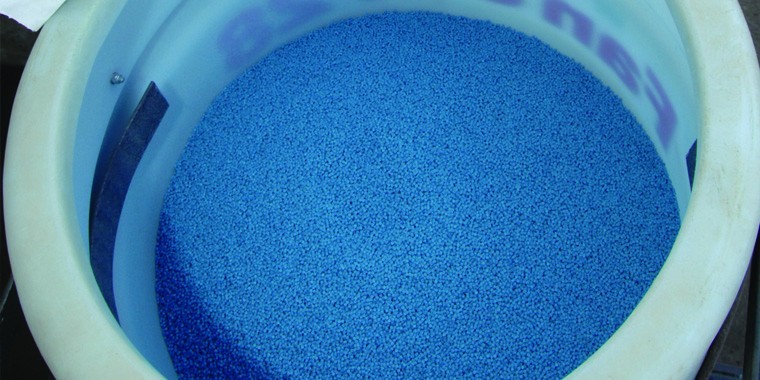Metaldehyde is essential for arable farmers trying to control slugs in crops such as oilseed rape. One alternative – methiocarb – has already gone and the other, ferric phosphate, is more expensive and may be less effective.
“DEFRA are going to consult about statutory restrictions on the use of metaldehyde this year,” said Tom Ormesher, environment and land use adviser for the NFU’s South East region. Whether or not the consultation will include an outright ban is not yet clear. “Because there is a risk of infraction proceedings by the European Union, DEFRA have to be seen to be doing something,” Mr Ormesher added. But he said a DEFRA consultation this year would be “slightly bizarre” because the Drinking Water Inspectorate has given water companies until 2018 to show that measures to reduce metaldehyde levels in some 88 river catchments are working. By the end of this month (March), water companies are supposed to submit a final report to the inspectorate showing how measures to reduce concentrations of metaldehyde – and the other pesticides metazachlor, carbetamide and propyzamide – are working. The last two are used for black grass control in oilseed rape.
The EU’s water framework directive aims to improve water quality, and where this is not happening, DEFRA is required to do something. If the measures are not working, then DEFRA faces infraction proceedings. DEFRA has said that “farming contributes significantly to water pollution,” and this is responsible for some river catchments breaching the directive.
On top of this, the drinking water directive limits a single pesticide in drinking water to 0.1 micrograms, and water company supplies must meet this limit. This requires expensive treatment and ever more sensitive testing which detects failures in river catchments. Again, DEFRA could face infraction proceedings under this directive, too. By the end of this year, DEFRA has to tell the European Commission how the breaches of EU law in the 88 catchments are being handled. Because of all these pressures, DEFRA’s consultation is likely to recommend that metaldehyde is substituted in the high risk catchments by ferric phosphate.
Farmers and the water companies are already making strenuous efforts to reduce metaldehyde pollution. Mr Ormesher said that Thames Water is trying a new approach in the River Enborne catchment in Berkshire where it is offering farmers a subsidy of £1 a kilogram of the more expensive ferric phosphate pellets to move away from metaldehyde.




